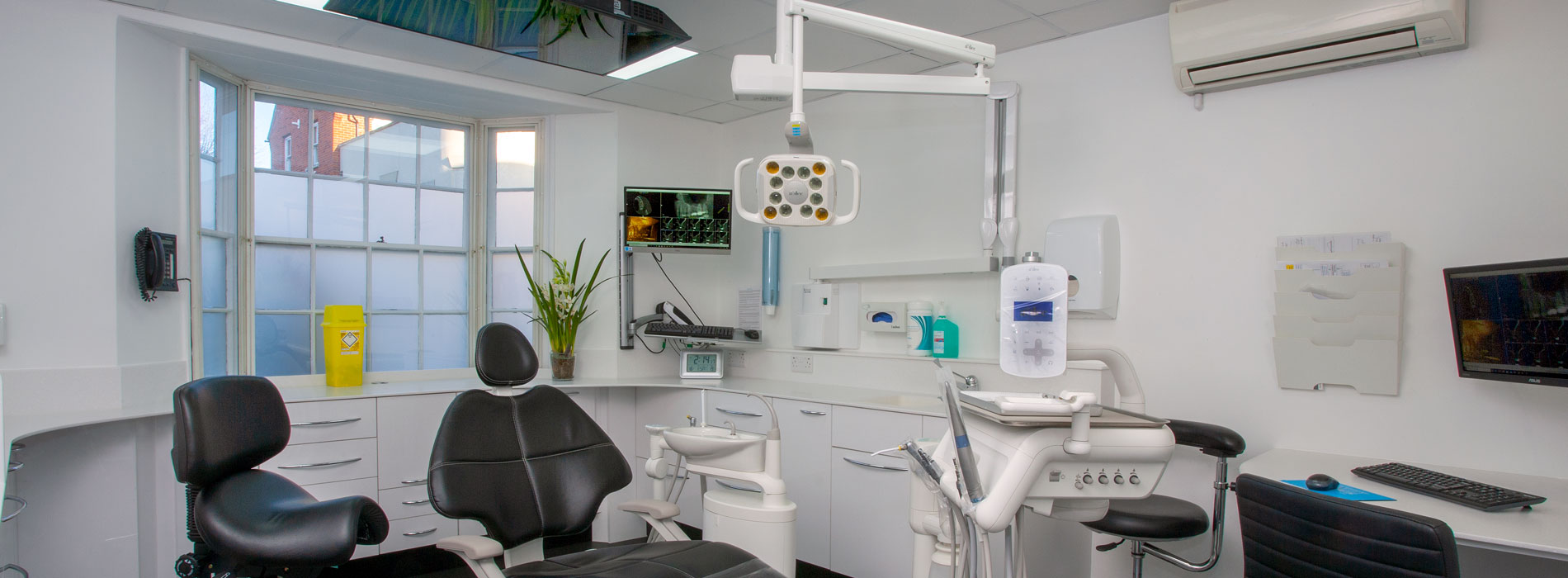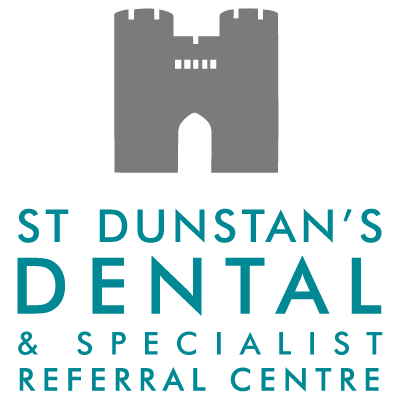
St Dunstan’s Dental Practice
Emergencies
What to do if you have a dental emergency
Emergencies
Should you suffer a dental emergency and need to be seen urgently by a dentist please telephone the practice as early as possible in the day so that we can arrange for you to be seen as soon as possible.
As a service to our registered patients, we offer an out of hours emergency facility, putting you in direct contact with one of our dentists via mobile telephone.
If you require this service, please telephone the practice on 01227 761158 for details and charges.
The emergency mobile telephone number is 07486 040997.
Where a dentist needs to open the practice out of hours there would normally be a charge of £345 plus treatment.
The NHS provides a Dentaline emergency service and can be contacted on 01634 890300 or 01634 382230. If you need to see a dentist urgently during the day and your own dentist is not open, you should contact the Kent and Medway helpline number 0300 1234412 for details of NHS practices who may be able to see you.
For information about what to do in an emergency please click on the relevant dental emergency for information.
If you are a member of the Denplan Scheme, this will cover you for all emergencies and you will have to pay only the first £20 of any charges. Denplan Scheme will only cover up to £150 for emergency call out costs outside of normal practice hours. Please check your Denplan Scheme for further information.
If you are away from home, the Denplan helpline will also help you to find an emergency dentist almost anywhere.
Acute Swelling
If you feel that this is associated with a tooth, try to help the infection to drain itself by using hot salty water (cup of tea temperature) held in your mouth next to the affected area, allowing the heat to soak in and repeating as the fluid cools.
Acute Pain
If you are experiencing acute dental pain and are unable to contact the practice to arrange an appointment you might initially consider the use of painkillers such as those that you might normally use for a headache.
If you take other medications or have any allergies or medical conditions, take the advice of a pharmacist.
It is very important not to take more painkillers than the daily maximum.
Contact the practice at the first convenient moment. If the pain becomes severe, contact the on-call dentist following the instructions on this page.
Broken Tooth
(OR LOST CROWN or FILLING)
Keep the crown or the part of the tooth to give to the dentist.
If there is no pain or acute sensitivity and any edges are not too sharp then you could wait until the surgery is next open to ring and arrange an appointment.
If suffering discomfort, contact the on-call dentist using the instructions above.
Traumatic Damage
If you or someone with you has broken a tooth or had a tooth knocked out for example by a sports injury or a fall follow this advice.
Find the tooth quickly, avoid handling the root and if possible replace it into the socket as quickly as possible.
If it is dirty clean it briefly and gently in the patient’s own saliva first.
- If this is not possible, store it in the patient’s mouth inside the cheek or in cool fresh milk and see a dentist urgently, within hours if possible. Do not wash the tooth in fresh water or allow it to dry out.
- If only parts of the tooth are missing, take them with you to the dentist if they are easily found. Don’t worry too much if they are not located.
- Contact the on-call dentist following the instructions on the emergencies page.
- If the damaged tooth is not too sensitive to air, tender or displaced then treatment is not quite as urgent and contacting the practice on the next morning should be ok.
Uncontrollable Bleeding
If you have had a tooth removed or other surgery carried out, it is normal for there to be some light oozing for a couple of days.
If excessive bleeding occurs, follow these instructions:
- Gently rinse your mouth once to clear any blood.
- Look in your mouth to see where the bleeding is coming from.
- Roll up a piece of gauze or a handkerchief into a sausage shape to make a pad.
- Place the pad across the bleeding socket from the tongue side to the cheek side. If the socket is between two standing teeth, constrict the pad to fit in the space.
- Bite firmly to compress the pad onto the bleeding socket. Keep sitting up.
- Keep pressing for a full 20 minutes (Use your watch and don’t keep peeping!).
- After 20 minutes, inspect the socket, repeat if bleeding still appears.
If you are unsuccessful after an hour or so, contact the the on-call dentist following the instructions on this page.
